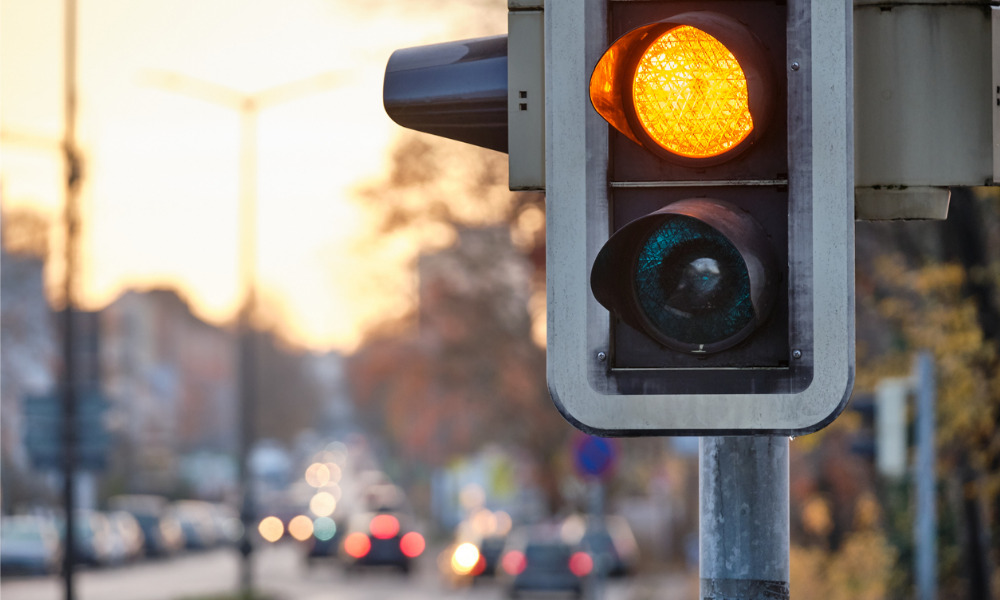
Decision marks change in the country's approach to the pandemic

New Zealand has officially ended its COVID-19 Protection Framework, otherwise known as its traffic light system, marking a significant change in the country's approach to the pandemic.
"It's time to safely turn the page on our COVID-19 management and live without the extraordinary measures we have previously used," said Prime Minister Jacinda Ardern.
According to the national government, all mask-wearing requirements are lifted effective immediately, except in healthcare facilities, including primary care, urgent care, hospitals, pharmacies, aged residential care, and disability-related residential care. The government-imposed vaccine mandates will also end on September 26, according to Ardern, as well as jab requirements for incoming travellers and air crew.
"The seven-day isolation period will now only be required for those who test positive for COVID-19," added the PM. "Their household contacts will only be asked to undertake a daily RAT test before going about their life as normal."
"In short, we now move on to a simple two requirements system of masks in healthcare settings and seven days isolation for positive cases only," she said. The changes to the government's approach to COVID-19 stem from low cases and hospitalisations, "well-vaccinated" population, and expanded across to anti-viral medicines.
Despite these changes, Ardern clarified that private employers still get the final say in terms of mask-wearing and vaccine mandates.
"Some places, such as workplaces, special events, or marae may ask you to wear a mask, but this will be at their discretion and no longer a government requirement. Please respect those who choose to keep wearing masks as a form of protection.”
She added that it will also be an "employer's discretion as to whether they require their workforce to be vaccinated".
Read more: Covid-19: Tips for successful remote working
Meanwhile, businesses in New Zealand welcomed the development in the country's COVID-19 approach, particularly the revised mask-wearing policy - a frequently cited reason for aggression against frontline workers.
"Relieving businesses of the burden of enforcing mask-wearing requirements and dealing with hostile behaviour from some will be a relief to many business owners and frontline staff," said Leeann Watson, chief executive of the Canterbury Employers' Chamber of Commerce.
Watson also said the updated isolation periods is "positive news," as it has "significantly contributed" to the staff shortages across businesses. Retail NZ, however, had a different take on the reduced isolation time despite welcoming the change.
"We encourage the government to review the isolation period for COVID-19 cases within the next four weeks," said Retail NZ chief executive Greg Harford. "Other countries have a far more dynamic approach of review and continue to revise isolation periods with most between three to five days as best practice."
But on the lifting of mask-wearing mandates, Retail NZ said they are "pleased" with the revised approach.
"As we move to a greater sense of normality, Retail NZ would like to remind Kiwis that the retail environment is safe and encourages everyone to get back instore and #ShopNice."